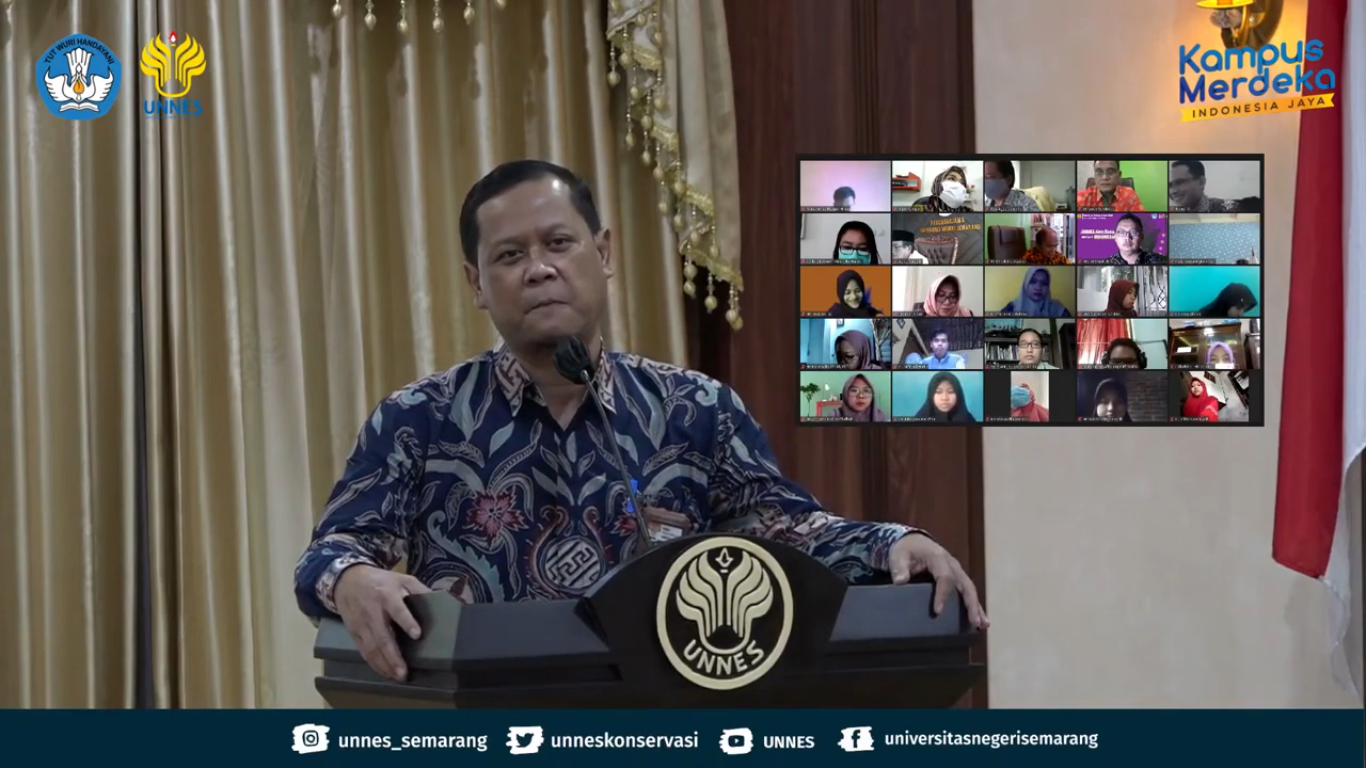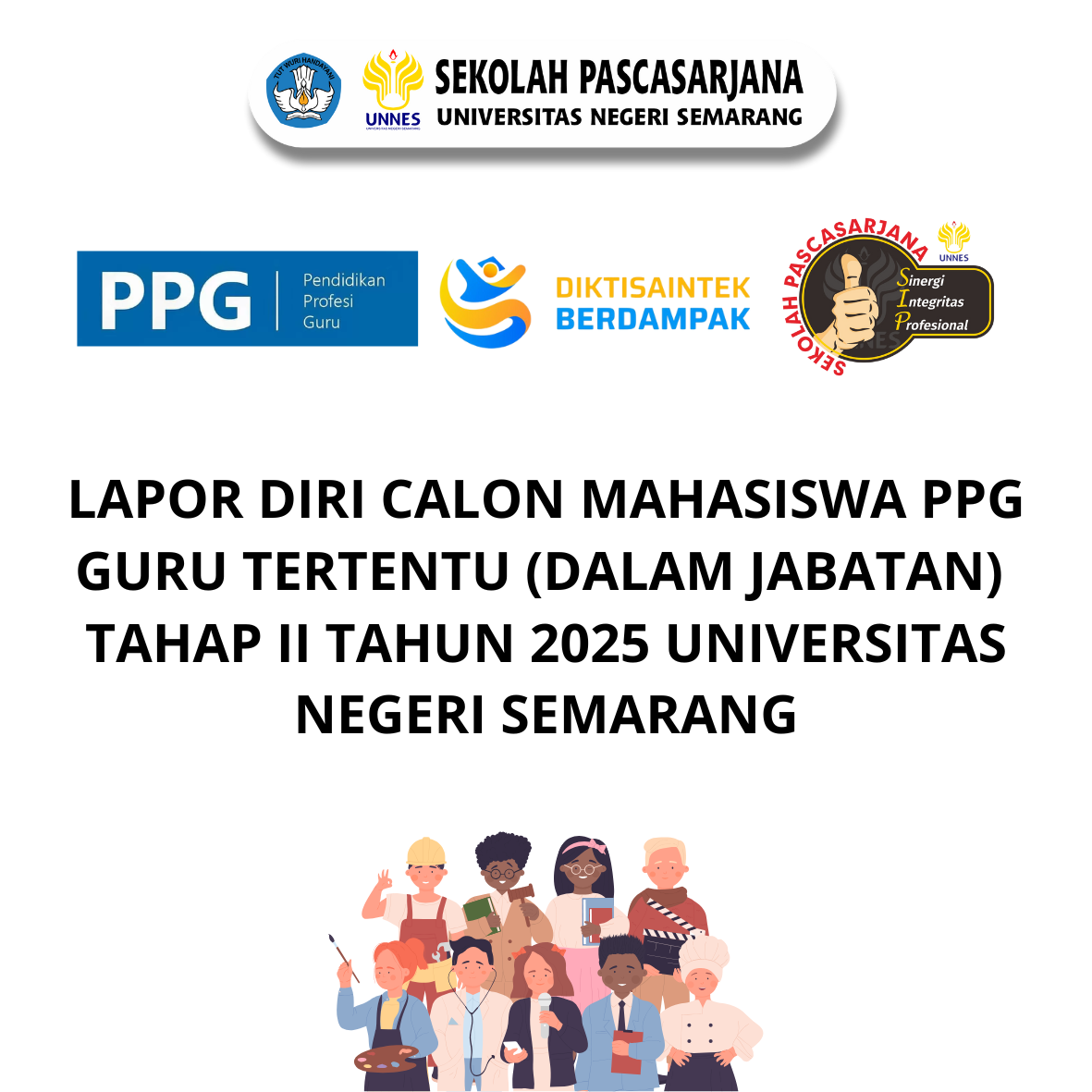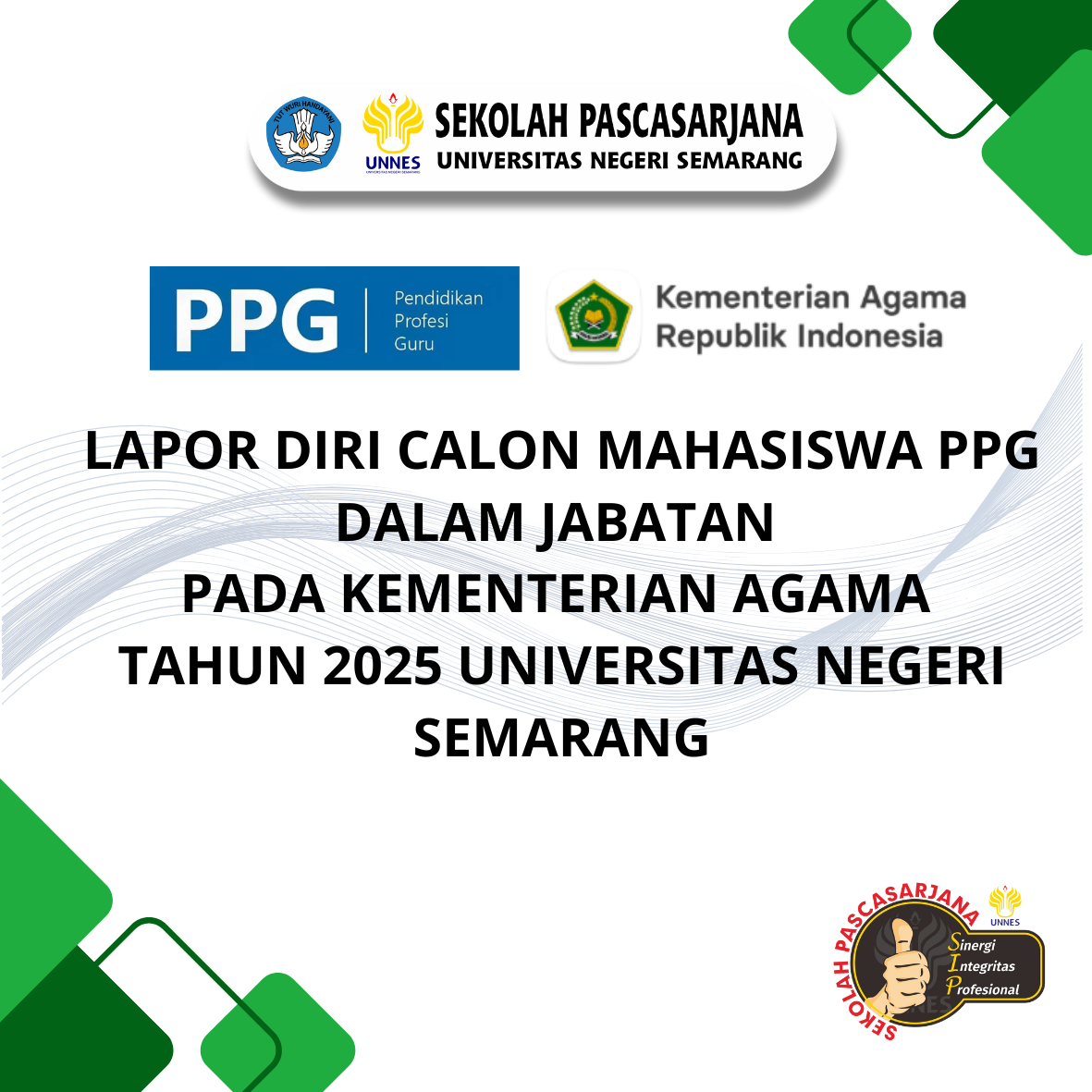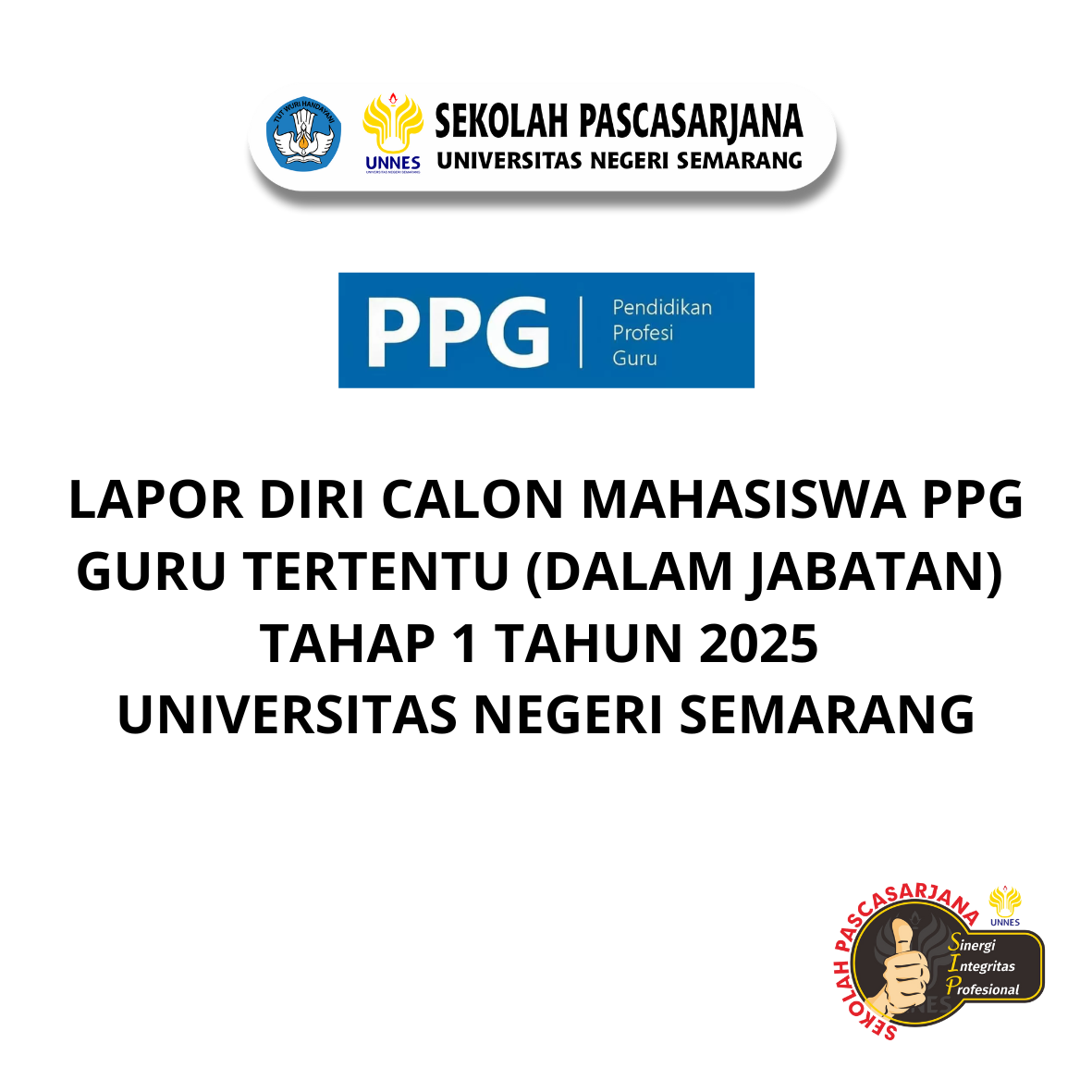Kuliah umum kerjasama Universitas Negeri Semarang dengan KPK secara daring, kamis (4/3). Menghadirkan Dr. Wawan Wardiana MT, Deputi Pendidikan dan Peran Serta Masyarakat Komisi Pemberantasan Korupsi RI sebagai narasumber. Kegiatan yang berlangsung selama 3 jam, mulai pukul 09.00 sampai 12.00 WIB dihadiri oleh sekitar 900 peserta melalui zoom meeting.
Kegiatan tersebut dibuka langsung oleh Rektor Universitas Negeri Semarang, Prof. Dr. Fathur Rokhman. Beliau menyampaikan bahwa UNNES turut memberikan pembinaan nilai karakter Pendidikan antikorupsi yang terintegrasi dalam pembelajaran dan melalui pembinaan mahasiswa secara terpadu. UNNES terus berkomitmen untuk menjadi kampus wilayah bebas korupsi dan wilayah birokrasi bersih dan melayani, zona integritas. Hal tersebut dibuktikan UNNES, dalam tata kelola keuangan UNNES sudah 10 tahun berturut-turut meraih WTP, UNNES juga meraih terbaik pertama dalam Nilai Kerja Anggaran Tahun 2020 oleh Kemendikbud.
Pada kuliah umum tersebut, Dr Wawan menegaskan bahwa Perguruan Tinggi harus menjadi pusat gerakan akademis pemberantasan korupsi dan mendorong pemberantasan korupsi baik secara lokal maupun nasional.
“Melalui pendekatan Tri Dharma Perguruan Tinggi kita bersama-sama ciptakan pendidikan antikorupsi, penelitian antikorupsi, dan pengabdian antikorupsi,” tuturnya.
Pendidikan antikorupsi dapat melalui integrasi mata kuliah, penelitian antikorupsi dapat melalui skripsi antikorupsi, dan pengabdian masyarakat dapat dilakukan melalui KKN tematik antikorupsi.
Selain itu, KPK mendorong Perguruan Tinggi dan Mahasiswa untuk membangun integritas melalui kebijakan kampus. Seperti yang sudah dilakukan oleh beberapa universitas di Indonesia, apabila ada alumni yang terjerat kasus korupsi, maka secara resmi gelar dan ijazahnya akan dicabut. Sehingga diharapkan peran akademisi dan perguruan tinggi sebagai pusat inovasi dan penelitian, pool of expert, pusat pengajaran antikorupsi, dan pusat pergerakan antikorupsi dapat berjalan susai yang diharapkan dan bermanfaat untuk masyarakat dan negara.The online public lecture in collaboration between Universitas Negeri Semarang and KPK (Komisi Pemberantasan Korupsi) has been held on Thursday (4/3). It is presented Dr. Wawan Wardiana MT, Deputy of Education and Public Participation of the Corruption Eradication Commission of the Republic Indonesia as a speaker. This event is being held for 3 hours, starting at 09.00 am to 12.00 am and was attended by around 900 participants through a zoom meeting.
This event has been opened directly by the Rector of Universitas Negeri Semarang, Prof. Dr. Fathur Rokhman, M.Hum. He said that UNNES also provides coaching for the character values of anti-corruption education which is integrated in learning and through integrated student coaching. UNNES is committed continually to be a corruption-free area campus and a clean and serving bureaucratic area, a zone of integrity. This is proven by UNNES, in financial management UNNES has won WTP for 10 consecutive years, UNNES also won the first best in the 2020 Budget Work Value by the Ministry of Education and Culture.
In the public lecture, Dr. Wawan emphasized that higher education institutions must become the center of an academic movement to eradicate corruption and encourage the eradication of corruption both locally and nationally.
“Through the Tri Dharma Perguruan Tinggi approach, we jointly create anti-corruption education, anti-corruption research, and anti-corruption service,” he said.
Anti-corruption education can be through the integration of courses, anti-corruption research can be through anti-corruption theses, and public service can be done through anti-corruption thematic KKN.
In addition, the KPK encourages universities and students to build integrity through campus policies. As has been done by several universities in Indonesia, if an alumni is caught in a corruption case, then officially their degree and diploma will be revoked. Hence, it is hoped that the role of academics and universities as centers of innovation and research, experts’ center, anti-corruption teaching centers, and anti-corruption movement centers can run as expected and be beneficial to society and the country.




